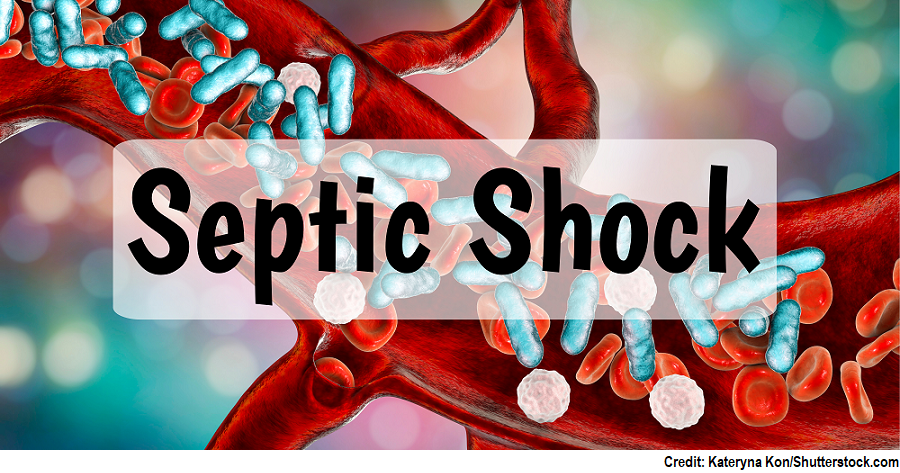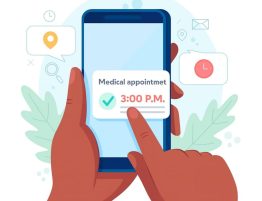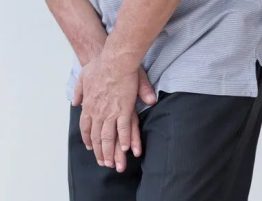
Septic shock is a severe and potentially fatal condition that occurs when sepsis leads to life-threatening low blood pressure. Sepsis develops when the body has an overwhelming response to infection. It occurs when the body’s response to these chemicals is out of balance, triggering changes that can damage multiple organ systems.
If sepsis progresses to septic shock, blood pressure drops dramatically. This may lead to death.
Sepsis is caused by infection and can happen to anyone. Sepsis is most common and most dangerous in;
- Older adults
- Pregnant women
- Children younger than 1
- People who have chronic conditions, such as diabetes, kidney or lung disease, or cancer
- People who have weakened immune systems
Signs and Symptoms
Early symptoms of sepsis should not be ignored. These include;
- Fever usually higher than 38˚C
- Low body temperature (hypothermia)
- Fast heart rate
- Rapid breathing, or more than 20 breaths per minute
Severe sepsis is defined as sepsis with evidence of organ damage that usually affects the kidneys, heart, lungs, or brain. Symptoms of severe sepsis include
- Noticeably lower amounts of urine
- Acute confusion
- Dizziness
- Severe problems breathing
- Bluish discoloration of the digits or lips (cyanosis)
People who are experiencing septic shock will experience the symptoms of severe sepsis, but they will also have very low blood pressure that doesn’t respond to fluid replacement.
Cause
The most common cause of sepsis is a bacterial infection. Sepsis can then lead to septic shock. Whenever bacteria find their way into the bloodstream, harmful infection might occur.
Bacteria or other infectious agents can get into the bloodstream through an opening in the skin, such as a cut or burn.
Sepsis can also be the result of an infection in an organ, such as a urinary tract infection (UTI) or lung infection. Fungi and viruses can also cause sepsis, particularly in people with weakened immune systems, but this is less common.
Treatments
Early, aggressive treatment boosts the patient’s chances of surviving sepsis. People who have sepsis require close monitoring and treatment in a hospital intensive care unit. If a patient has sepsis or septic shock, life saving measures may be needed to stabilize breathing and heart function.
- Medications – a number of medications are used in treating sepsis and septic shock. They include;
- Antibiotics
- Intravenous fluids (IV)
- Vasopressors
- Supportive care – people who have sepsis often receive supportive care that includes oxygen.
Surgery – Surgery may be needed to remove sources of infection, such as collections of pus (abscesses), infected tissues or gangrene.
What We Offer
We at Almurshidi Medical Tourism will find the best doctors to cater to your needs. We are partnered with a wide network of hospitals and clinics that provide top quality medical experience.
We provide free medical estimates, make medical appointments, and provide several medical opinions if needed at no cost.
Contact Us
For more information contact us at +66822004040 or via WhatsApp








